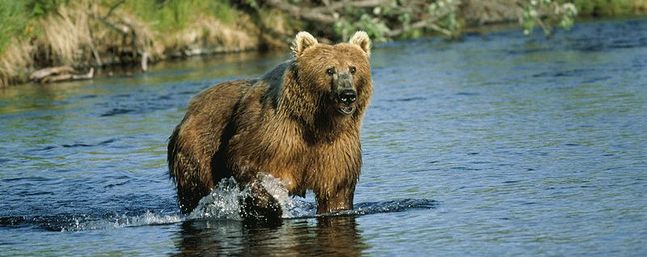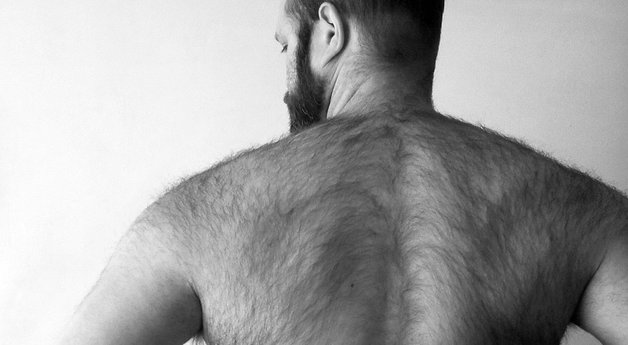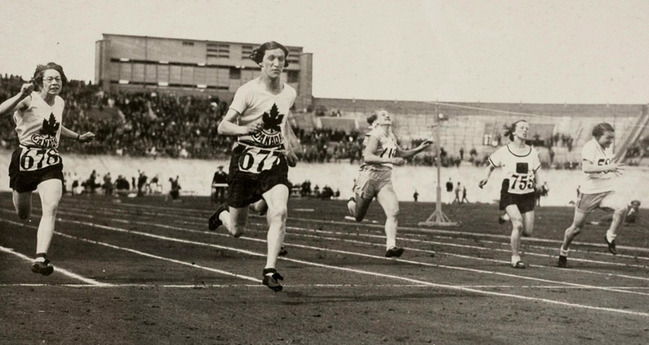|
Weightlifting strengthens the muscles, but it also makes you more resistant to pain. And when I carry heavy loads, I feel as if I can endure heavy loads.
When you practice Tai Chi, you practice letting go. Physically. And so over time you become more peaceful. And more adaptable. Training the body is training the mind.
18 Comments
The reason we include exercise in our lives is to make our lives easier or better in some way. It’s not because we have to, that only leads to resentment, it’s not because of obedience – or when it is, our efforts are frustrating and short-lived. When you are coerced or manipulated, of course it doesn’t work out in the long run; there’s nothing wrong with you when you rebel against emotional manipulations. Sometimes it’s right not to play along. Exercise makes your life better when you do it on your terms. And so it is simple: exercise makes life better. It makes your life easier, that is why we do it. And if it’s not, then you need to reassess.
A long time ago, I used to avoid chocolate. Like many, it was mostly a weight-loss thing. And I was disciplined about it and all that stuff, there were months at a time when I didn’t eat any.
But after a while, I noticed by avoiding chocolate, I wasn’t losing any weight. And when I did eat it, I didn’t gain weight either. So, why? Of course, this is because what you weigh comes down to an infinitely more complex equation than plus or minus chocolate equals blah. So then the inescapable question, the choice that remained was this: whether I include chocolate in my diet or not, it’s not a weight-based decision. It’s not about desired weight outcomes. So what then? What do I base my decisions upon? Actually it opened up a whole world of possibilities. What I eat – what we eat – if our decisions aren’t based on shame, fear, or prejudice, what then? Desire? Even that shifts. When you’re not afraid or ashamed, your desires shift too. I started to trust myself. Re-posted with permission, written by the astute and articulate Shelly of Body Positive Health and Fitness:
-- "Can you help me lose weight and keep it off?" Real talk: (please read to the end) If you are going to pursue weight loss, find out what the statistics are for people to maintain that loss via your chosen method or by any method at all, not at the 8 week mark when they seem successful, but at the 3 year and 5 year mark (usually less than 5%, and that's being generous, if there are even studies that went on that long - rare). Find out how much weight loss they count as a success (usually 5kg or so). Find out how many people were even able to maintain the diet for the duration of the short study (dropout rates are usually high). If your doctor suggests weight loss, ask them for these figures as well. We may be made to feel guilty if we take naps or if we sleep ‘too much’, but the thing with taking care of yourself properly is that it often means doing things that other people don’t quite understand. If you find you’re tired all the time, you sleep a lot, or you desire nothing more than to nap when other people are awake and energetic, this does not mean you’re weak or flawed in any way. It’s never lazy to invest in your recovery, and if we re-phrase the question, it becomes obvious that being sleepy, or needing to sleep, is not a character flaw.
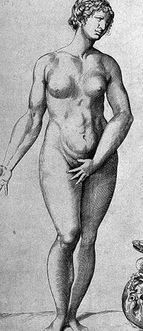 There is no hierarchy of attractiveness. Not in any absolute sense, not outside of what we have constructed as a culture. And that construction is an illusion. Much as I can tell, the people I have been attracted to in my life – there’s no set criteria. They have been different sizes, races and complexions, always different, and the similarities are difficult to quantify. And a gain or loss of ten pounds doesn’t change one single thing. And what people may find attractive about me, is often not what I would have expected. But the concepts, the ideas, the suggestion that you can control how people perceive you by changing your body, the promise of becoming more attractive through behaviour, discipline, training and hard work. It’s powerful. I find myself from time to time, wishing I looked a bit different. Wanting to ‘sculpt my body’ in one way or another. One could ask – what are you going to do about it? It’s a common question. It assumes that the pursuit of a goal will result in satisfaction, or at the very least that any attempt is worthwhile. I’m not going to diet, let alone starve myself, and I enjoy training very much, but there’s this other aspect, internally – why can’t I just resist the overwhelming weight of the cultural pressure to be thinner, the pervasive prejudices of an entire civilization simply by strength of will? Whhyyyy??? I was reading an article before, and was told that whether my goal is fat loss or muscle gain, I should be eating 200 grams of protein each day. I don’t know how people come to these figures. I don’t know if I’ve ever eaten 200 grams of protein in a single day; to get near that figure, I’d need to be eating steak and eggs for every meal, or adding at least three protein shakes to a regular day’s worth of food, or drinking a few litres of milk. Thirty eggs. An unbelievably large quantity of tofu. Meat and milk, essentially. In quantities that would be truly difficult for me to sustain.
Likewise, depending on what I read, it seems I should be consuming anywhere between 2,000 and 4,000 calories per day. That’s a pretty big window. There’s a reason I don’t like to track all this stuff too much anymore. The numbers interfere with listening to, and trusting, my own body and perception, and I only feed my obsessions to a point. So I saw on The Project the other night (but you might not want to bother with the link, I don’t like their video player – it has too many ads), a new study has discovered the most healthiest way to exercise. The way they broke it down was this – people who run at a slow or moderate pace for anywhere between 1 and 2.7 hours per week live longer than those who run faster, and those who don’t exercise.
Of course, if you can’t run or running does you damage, this is not a healthy option for you. And there’s nothing magical about jogging or running – it will have you working at a certain degree of intensity for a given time – this is referred to as ‘steady-state cardio’. Maybe you can match that sustained intensity with a power walk, bike riding, swimming, or various moderate-to-medium intensity exercise classes. You might have heard of Tabatas, or the Tabata Protocol. It’s a high-intensity method of cardiovascular conditioning. People talk a lot of shit about it. Essentially it amounts to 20 seconds of all-out super intense exercise followed by a 10 second rest, and you do that for 8 rounds, which is a total of only 4 minutes. It doesn’t take up a lot of time. People misrepresent the protocol frequently – it’s not for strength training, it’s not for biceps curls or crunches, it’s for full-body cardiovascular exercise, but many things are misrepresented these days so that’s nothing new.
Of course people use this protocol in an attempt to lose weight – we use all kinds of exercises to that end – but it might need to be said that Izumi Tabata, the scientist after whom the protocol was named, at no point in the study paid any attention to fat-loss or body composition. Anyway. What interests me is the topic of insulin sensitivity, or to frame it more practically, your body’s ability to assimilate, utilise, or metabolise carbohydrates. 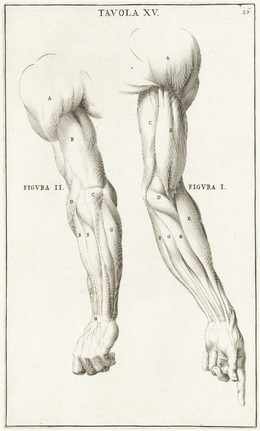 In strength training and fitness, everyone plateaus. I’ve had many conversations with individuals – when they’re stuck in a plateau they speak as if they’re doing something wrong, or as if the system has stopped working. They’re frustrated that their progress has stalled, or maybe they’re just looking for new ways to stimulate progress. But it happens to absolutely everyone. Not 95%. 100%. It’s what bodies do. And people don’t often talk about what’s good about the plateau, they just try to bust through them. This might work, or it might not, you might achieve success, or you might injure or burn yourself out. But plateaus can be protective, and your response can be forceful or patient. Many things might cause a plateau – overtraining, or being in the habit of not training hard enough – but people always think it is the latter. And it might be a systemic issue, or something pertaining to a muscle or an isolated area. Muscles adapt relatively quickly, in the scheme of things. They strengthen and they grow. But tendons and ligaments – your joints, so to speak – respond much more slowly. Training plateaus allow for your connective tissues to catch up with your muscles. Tendons connect your muscles to your bones, and ligaments keep your joints moving in the correct alignment. If your muscles are weaker than your tendons, this is a good thing. If the muscles were stronger, the tendons would pop. If the ligaments were not strong, the joint would move the wrong way. You don’t want your muscles out-powering your joints. |
